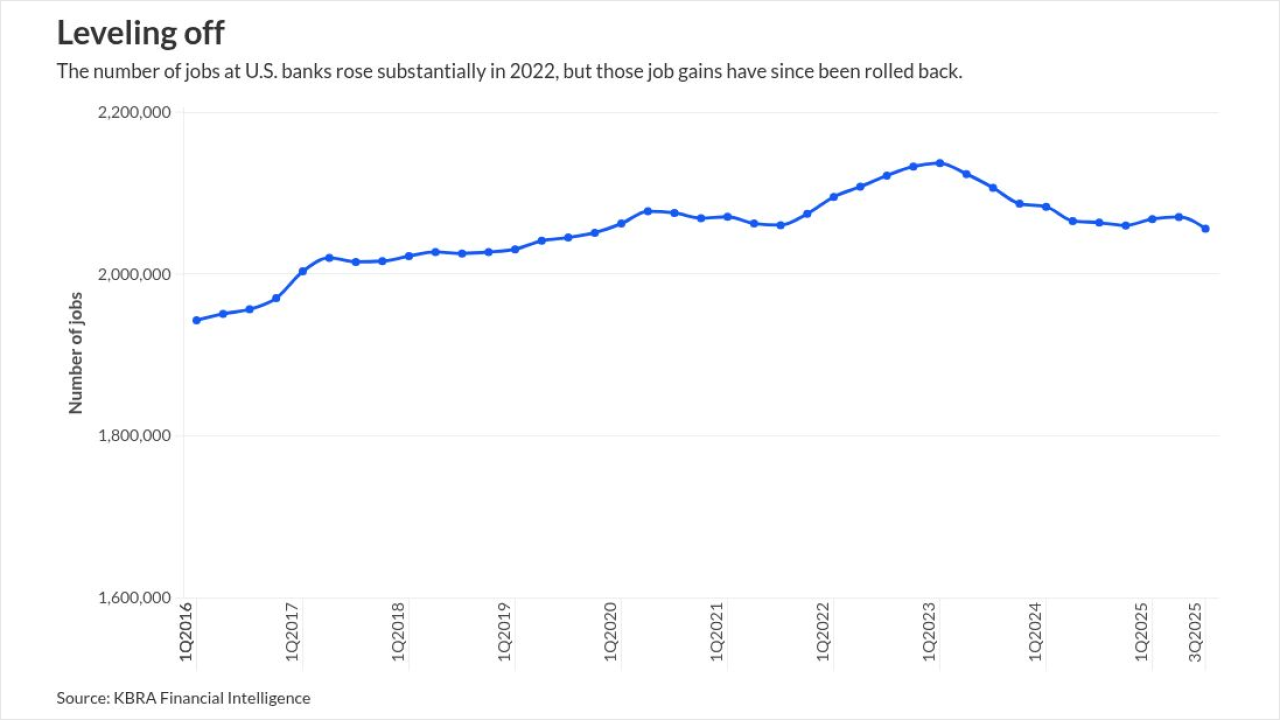As mortgage banking has become a nationwide business, mortgage bankers have increasingly struggled to ensure that their origination and servicing practices comply with local law.
The mortgage banking community was therefore understandably dismayed when a California trial court with the blessing of an intermediate appellate court certified nationwide class-action status for a lawsuit involving a mortgage servicers alleged failure to comply with California law. The court asserted that the law is applicable even to customers who live in states where the alleged conduct was perfectly lawful.
A unanimous California Supreme Court recently reversed the lower courts certification of a nationwide class action challenging the forced-placement insurance practices of Washington Mutual Bank.
The lower court had held that Wamu would be required not only to defend its conduct in a class action involving 25,000 customers living in nearly every state but also to justify its treatment of all these people under California law, without regard to the location of the mortgaged property or of the mortgagor.
The claims were based on the California unfair competition law, one of the states consumer protection statutes. The law has been a subject of growing concern to banks and other businesses because of court decisions interpreting broadly what is an unfair practice.
Moreover, some courts have interpreted the law as authorizing private litigants to serve as private attorneys general. Effectively, these decisions have licensed individuals with no connection to a controversy to sue on behalf of all people supposedly affected by an act or practice, and to recover attorneys fees for their efforts.
This feature makes it difficult for corporate defendants to deal with class litigation on a customer-relations basis, since the person bringing suit may not even be a customer.
The Wamu case began as a simple dispute about a mortgage servicers decision to force place hazard insurance on property securing a home loan.
That is, the servicer obtained insurance protecting the lenders security interest at the borrowers expense after the borrower failed to maintain coverage as required in her mortgage contract.
Forced-placement activities have increasingly generated consumer class actions in recent years, litigation that commonly asserts the coverage amount should be limited to the outstanding loan balance, instead of the replacement cost of improvements; that premiums are inflated; or that the servicer has somehow derived undisclosed profits from the practice.
These allegations are generally brought under state law, nearly always the law of the state where the borrower lives or where the mortgaged property is located (or, in some cases, under the law of a state agreed to by the parties to the mortgage contract).
The unique feature of the Wamu case was the lower California courts decision that Wamu would have to defend its forced-placement practices not under the laws of the individual states where the class members lived, or where the mortgaged properties were located, or where specified in the mortgage contracts but under California law.
This prospect was understandably chilling, both because California has a reputation as a hotbed of class actions and large punitive damage awards and because California case law tends to favor defaulting borrowers over lenders to a higher degree than in other states.
California law reflects a policy decision to protect defaulting borrowers at the risk of increasing the overall cost of borrowing, but other states have decided to reduce overall borrowing costs by scrupulously permitting lenders to enforce the terms of their contracts without risking consumer-fraud liability.
Some such states (Alabama and Florida are examples) exempt banks and other regulated financial institutions from state consumer protection statutes.
Others (like Illinois and Oregon) expressly permit the forced placement of hazard insurance at an increased premium the very practice alleged to be unlawful in California.
Yet notwithstanding such variance, the lower California courts proposed to decide even the claims of class members living in other states as if their claims had arisen in California. Not only did this contradict Wamus reasonable expectation, but also, in the long run, it would have tended to subvert the public policy objectives of other states.
The California Supreme Courts decision not to permit the case to go forward as a nationwide class action under California law puts strict new limits on financial services class actions and clarifies that mortgage servicers must comply with the laws of states where mortgages are originated and the collateral is located.
In reversing the lower courts, the state Supreme Court ruled that courts cannot simply presume that the law of the state where the lawsuit was filed will govern the claims of all class members. Instead, the court held: The burden rests upon the party seeking nationwide class certification to identify any variations of applicable state law and to meaningfully demonstrate how a trial on the class causes of action can be conducted fairly and efficiently in light of those variations.
Putting this burden on class-action plaintiffs should effectively preclude class certification in many cases, since state laws often vary in decisive ways as the forced-placement example shows.
Mortgage servicers and other financial services companies have been handed a new weapon in the continuing class-action war. When they can demonstrate that their activities in particular states are lawful under the laws and regulations applicable in those states, companies will have a strong argument that they should not face class-action litigation brought under the law of some other state.
That might seem like a common-sense principle, but until recently it was an open legal question in California. The California Supreme Courts recent Wamu decision changes all this and should substantially reduce at least one major litigation risk faced by financial services companies.
Mr. Satchell and Mr. Brooks are lawyers in the Washington office of O'Melveny & Myers LLP. They represented the American Bankers Association and other friends of the court in Washington Mutual Bank v. Superior Court.





